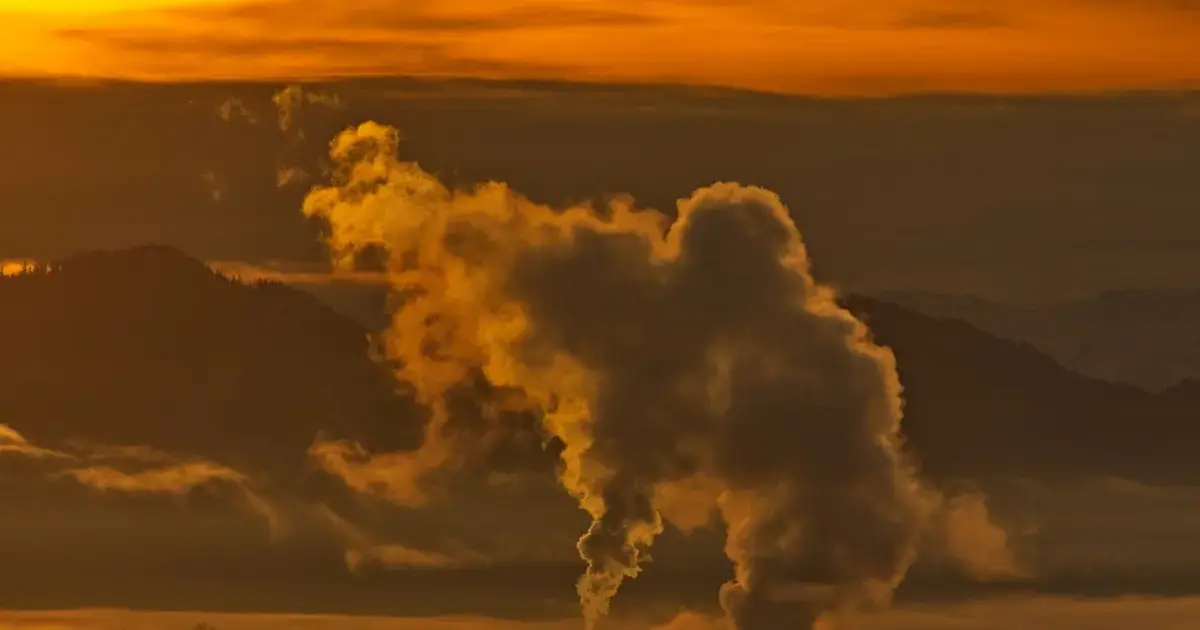 Experts from the World Meteorological Organization (WMO) have confirmed that in 2024, the level of carbon dioxide in the reached record highs.
Experts from the World Meteorological Organization (WMO) have confirmed that in 2024, the level of carbon dioxide in the reached record highs.
According to an analysis of observations from the WMO’s Global Atmosphere Watch network, average concentrations of carbon dioxide (CO2), methane (CH4), and nitrous oxide (N2O) at the Earth’s surface hit unprecedented peaks last year. Specifically, the level of was 423 ± 0.2 ppm (parts per million), CH4 was 1942 ± 2 ppb (parts per billion), and N2O was 338.0 ± 0.1 ppb.
The authors of this alarming report assert that these figures are record-breaking for all three key greenhouse gases linked to human activity.
These values indicate an increase in the concentration of these gases in the atmosphere by 52%, 166%, and 25% respectively, compared to pre-industrial levels (before 1750), as reported by the WMO.
This surge, as explained by climatologists, is attributed to several factors, including El Niño. In years when this climatic phenomenon occurs (2024 was one such year), CO2 levels tend to spike sharply. Drier conditions lead to more wildfires and reduce the ecosystems’ ability to absorb this gas.

Researchers are extremely concerned about where this additional CO2 is going. Typically, about 30% of all carbon dioxide emissions are absorbed by the , while another 20% is absorbed by , soils, and plants. However, it seems these natural absorbers have already reached their limits. In 2023, they effectively did not absorb carbon dioxide. As for the oceans, with rising temperatures, they are increasingly less capable of absorbing such levels of CO2, according to IFLScience.
Climatologists have noted that this creates a catastrophic feedback loop: rising temperatures lead to increased CO2 levels in the atmosphere, which in turn causes further temperature increases.
“The heat trapped by CO2 and other greenhouse gases significantly impacts the Earth’s climate and leads to more extreme weather events. Therefore, reducing emissions is crucial not only for our climate but also for our economic security and societal well-being,” emphasized Co Barrett, Deputy Secretary-General of the WMO.
Photo: Unsplash

